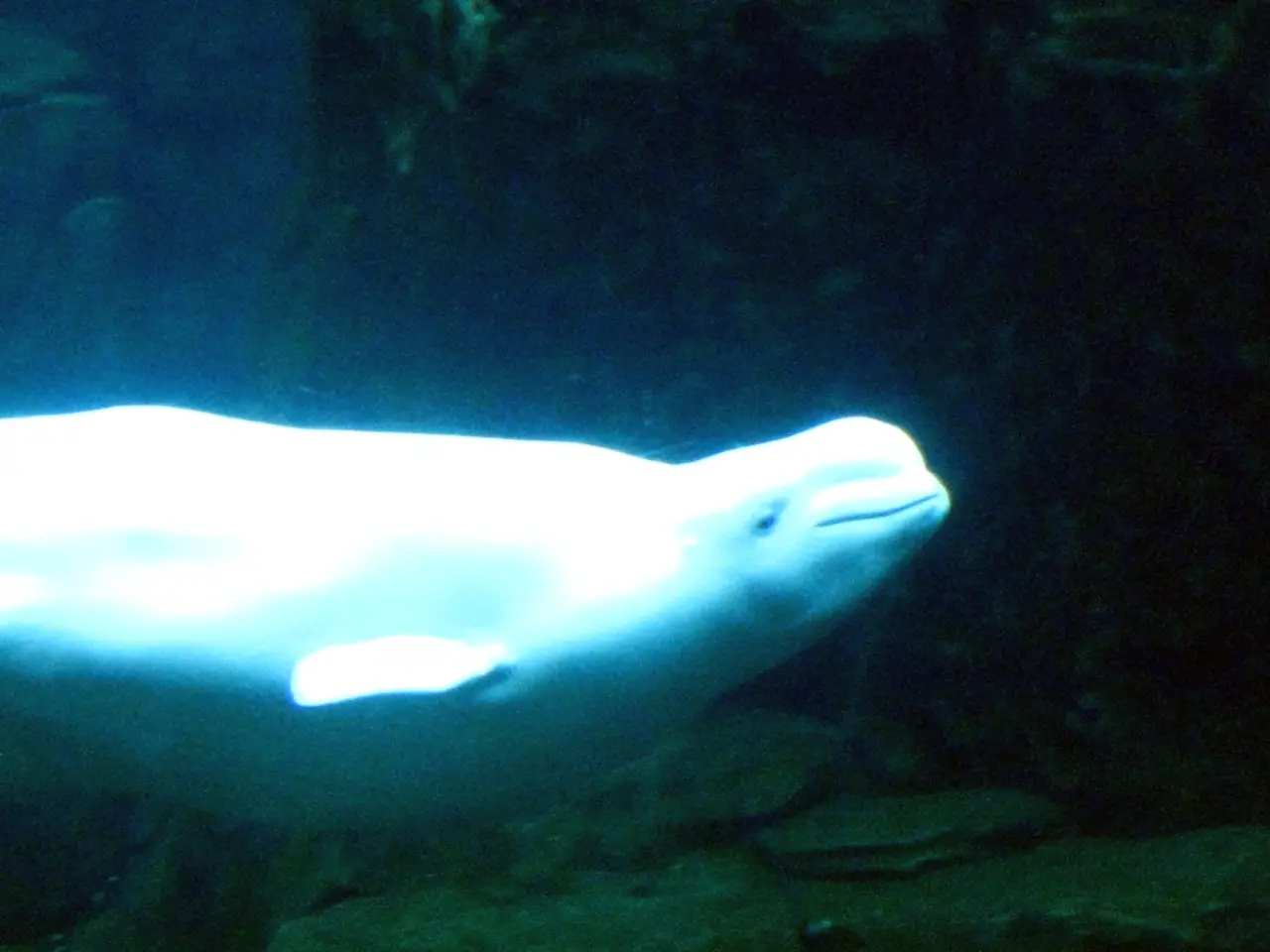PredatoryEncounter with Leopard Seal in Antarctic Ocean
In the frigid waters of the Antarctic Peninsula, a tragic incident occurred on July 22, 2003. Kirsty Brown, a 28-year-old marine biologist, lost her life during a fatal encounter with a leopard seal while conducting fieldwork.
Kirsty was a vibrant and dynamic individual, remembered fondly by her colleagues as a promising researcher. Before joining the British Antarctic Survey's (BAS) Life at the Edge: Stresses and Thresholds (LATEST) Research Program, she had gained valuable experience working as a diver and researcher in Greenland and Australia.
Kirsty's research focused on understanding the impact of iceberg disturbance on marine communities near the Antarctic peninsula. At the time of her death, she was studying the effects of iceberg disturbance on marine life, a project she had nearly completed, having laid out 500 concrete and plasticine markers to track iceberg gouging on the seabed.
The incident occurred near the Rothera Research Station, where Kirsty was working. The leopard seal, known for its large size and sharp canines, is generally solitary and inquisitive but is not typically known to attack humans. Despite this, Kirsty tragically became the first recorded fatality caused by a leopard seal.
The Rothera team reacted in a highly efficient and professional manner after Kirsty's death. Her colleagues witnessed the attack and managed to pull her from the water, beginning cardio-pulmonary resuscitation (CPR) in the rescue boat as they returned to the research station. Despite an hour of resuscitation efforts, Kirsty passed away from the injuries sustained during the attack.
Lloyd Peck, an ecophysiologist and head of the LATEST program, expressed his determination to continue Kirsty's project, describing her as "full of energy and enthusiasm... a good scientist who worked very hard." Chris Rapley, the director of BAS, shared his condolences, stating that Kirsty was "a vibrant, dynamic individual committed to her science and with a promising scientific career ahead of her."
Kirsty's passing left a profound void in the Antarctic research community. Her family, including her parents Tim and Judith Brown, along with her siblings, expressed their devastation in a statement, saying they were "devastated about the news from the Antarctic."
The attack raised concerns within the scientific community about the risks of working with wildlife in remote areas. Despite this, the Rothera team will need support to continue Kirsty's important work. The incident was widely covered by outlets like the Mirror, shedding light on the dangers and sacrifices made by researchers in the pursuit of scientific knowledge.
The name of the research program Kirsty Brown participated in during her last research activity in Antarctica is not publicly available. However, her legacy lives on, inspiring future generations of marine biologists to continue her work and strive for a deeper understanding of the world's oceans.







